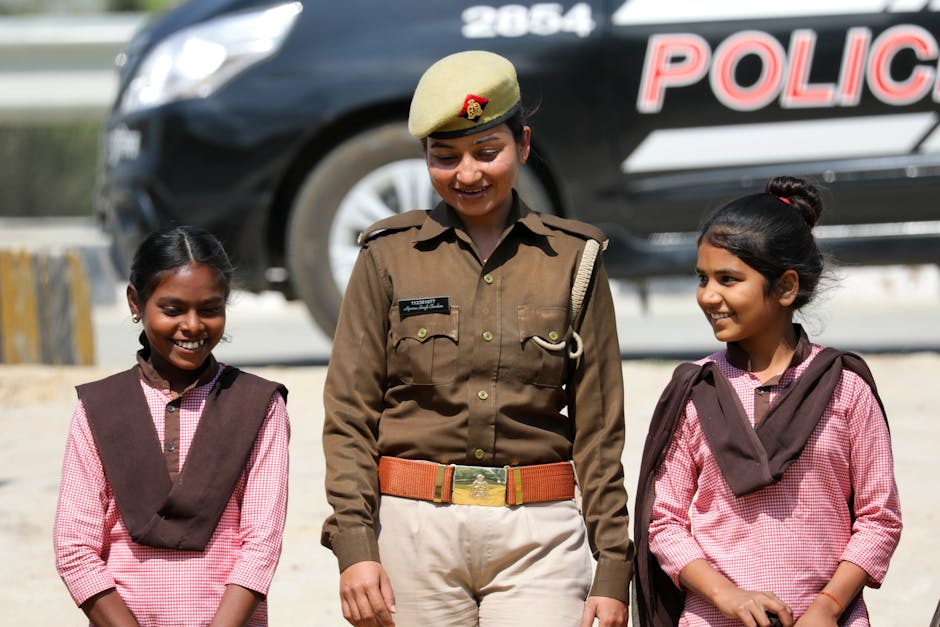The Role of Education in Social Cohesion
Have you ever wondered how education can bring people together and create a sense of unity in society? Let’s explore the important role that education plays in fostering social cohesion.
What is Social Cohesion?

Social cohesion refers to the bonds that hold a society together, creating a sense of belonging and unity among its members. It involves mutual trust, respect, and a shared commitment to common goals and values.
How Does Education Promote Social Cohesion?

Education plays a crucial role in promoting social cohesion by providing individuals with the knowledge, skills, and values needed to participate effectively in society. Here are some ways in which education contributes to social cohesion:
- **Promoting Diversity and Inclusion:** Education exposes individuals to diverse perspectives, cultures, and beliefs, fostering understanding and respect for differences.
- **Fostering Empathy and Compassion:** Through education, individuals learn to empathize with others and develop a sense of compassion towards those who may be different from them.
- **Building Social Capital:** Education helps individuals build social networks, form connections, and engage in civic activities, strengthening social bonds within communities.
- **Encouraging Critical Thinking:** Education equips individuals with the skills to critically analyze information, challenge stereotypes, and make informed decisions, promoting tolerance and open-mindedness.
Real-Life Examples

Imagine a classroom where students from different cultural backgrounds come together to learn about each other’s traditions and customs. Through discussions and group projects, students develop a sense of curiosity and respect for diversity, fostering a culture of inclusion and acceptance.
Challenges to Social Cohesion

Despite the positive impact of education on social cohesion, there are challenges that can hinder its effectiveness. These challenges include:
- **Inequality in Access to Education:** Disparities in access to quality education can perpetuate social divisions and hinder efforts to promote inclusivity.
- **Lack of Cultural Competence:** Schools may not always address issues of diversity and inclusion effectively, leading to misunderstandings and conflicts among students.
- **Limited Resources:** Schools with limited resources may struggle to provide students with the necessary support and opportunities to engage in meaningful social interactions.
Practical Tips for Promoting Social Cohesion
Here are some practical tips for promoting social cohesion through education:
- **Encourage Intercultural Exchange:** Organize cultural exchange programs, events, and activities that allow students to learn about and appreciate different cultures.
- **Promote Dialogue and Collaboration:** Create opportunities for students to engage in open discussions, debates, and collaborative projects that promote understanding and cooperation.
- **Address Bias and Discrimination:** Implement policies and initiatives that address bias, discrimination, and stereotypes within the school community, fostering a culture of respect and acceptance.
- **Provide Support Services:** Offer support services, such as counseling, mentoring, and extracurricular activities, to help students build social connections and develop interpersonal skills.
Conclusion
Education plays a vital role in promoting social cohesion by fostering understanding, respect, and inclusivity within society. By investing in education that values diversity, empathy, and critical thinking, we can build stronger, more cohesive communities where individuals feel a sense of belonging and unity.
Remember, education is not just about acquiring knowledgeit’s also about building relationships, fostering empathy, and creating a more cohesive and harmonious society. Let’s continue to support educational initiatives that promote social cohesion and create a better world for future generations.




